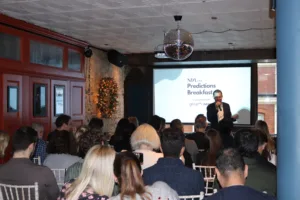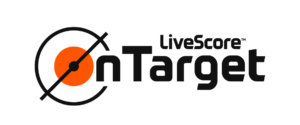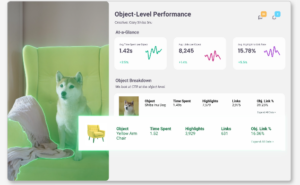ROAST have recently carried out first-of-their-kind ranking reports to interrogate how generative AI results such as ChatGPT and Google’s Search Generative Experience (SGE) are performing. The first report, which has been published today (9 June) is focused on the travel sector.
Using ROAST’s preparatory SGE Ranking Report tool, the independent agency has been able to gather the responses of questions given to Google’s Bard and ChatGPT. The initial report released tested 500 of the top conversational questions in the UK travel vertical.
John Barham, Managing Director at ROAST, explains, “We know from Google’s announcements that
conversational AI answers will be appearing in the SERPs soon, and now armed with the data from this industry-first research, brand owners will need to undertake an SGE audit and implement a robust strategy to ensure their brand has visibility in the SGE results.”
The report revealed that Google is far more likely than ChatGPT to mention brands in their results. 43.2% of Bard’s results mentioned the name of a brand, hotel or a company whilst only 14.40% of ChatGPT’s results mentioned the name of brands. For example, questions such as “How long is the flight to Malta” gives the answer. “The average flight time from London to Malta is 3 hours and 13 minutes… Here are some of the airlines that offer direct flights from London to Malta: Air Malta, British Airways, easyJet, Wizz Air”.
Many brands are concerned that this new style of search results will decrease traffic to their websites. So, ensuring that your brand is mentioned in such results is even more important. The report also found Google’s answers to be much more detailed and formatted to a high standard. Often using bullet points, tables, as well as pros and cons lists. Whereas the output from ChatGPT could often be very short or take on a persona within the response.
Both platforms show room for improvement, with a handful of questions that could not be answered. There were also some queries that resulted in conflicting responses from ChatGPT and Bard. However, overall, both perform better than findings from previous testing with voice assistants, such as Alexa or Google.
To take advantage of these latest industry findings, it’s important to follow the same initial strategy that should be used whenever Google releases a new feature. Including understanding where this feature appears, if your brand and/or competitors appear and, most importantly, how to improve visibility on the platform.









